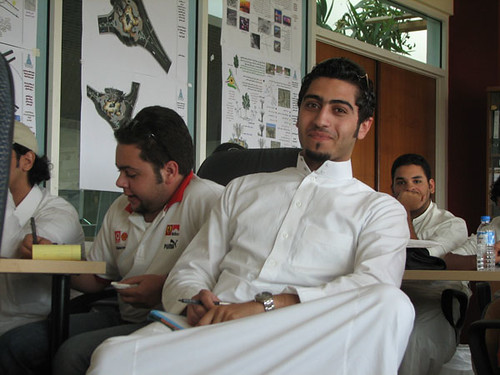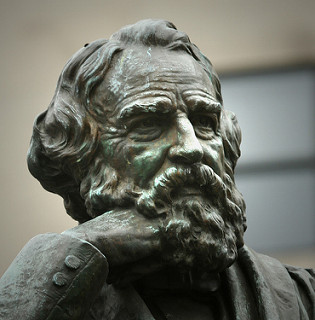Yemen Talks Coordination on Higher Education with other Arab Nations
Yemeni Minister of Higher Education and Scientific Research Hisham Sharaf met in Riyadh on Friday, March 14 with his Moroccan counterpart, Soumia Bankhaldoun to discuss cooperation on higher education between the two countries. The meeting, held as the 14th conference of Arab Ministers of Higher Education drew to a close in Riyadh, emphasized the countries’ commitment to cooperation in areas like research and scholarship exchange. Mr. Sharaf said that he hoped Morocco would continue its support for cultural scholarships for Yemeni students as Yemen seeks to strengthen its higher education system and provide skills for its graduates.
Yemen is currently in the midst of an effort at increasing the openness and reach of its higher education system. After the conference of ministers ended on Friday, Mr. Sharaf announced an agreement with the Saudi Minister of Higher Education, Khaled Al-Angari that would allow Yemeni students over 35 years old to enroll in Saudi universities. He also said that Saudi Arabia would provide financial aid for Yemeni students studying abroad, as well as more than 400 scholarships for Yemeni students.
Yemen’s school system is still in dire need of reform. Its teachers are few and often underqualified, and truancy and school enrollments have yet to recover from the upheavals of 2011. Improving the higher education system by offering its students more opportunities for study abroad and scholarships may provide a more skilled workforce that can help facilitate the transition to a new, improved education system.
Creative Commons Love: Oxfam International on Flickr.com









 Regarding Oriental studies, Edward Said once wrote, “Evidence of the Orient was credible only after it had passed through and been made firm by the refining fire of the Orientalist’s work.” It’s hard to find a more condemning observation of the state of knowledge in any discipline. A one-way periscope extended from Western scholars to Arab subjects, in Said’s eyes.
Regarding Oriental studies, Edward Said once wrote, “Evidence of the Orient was credible only after it had passed through and been made firm by the refining fire of the Orientalist’s work.” It’s hard to find a more condemning observation of the state of knowledge in any discipline. A one-way periscope extended from Western scholars to Arab subjects, in Said’s eyes.